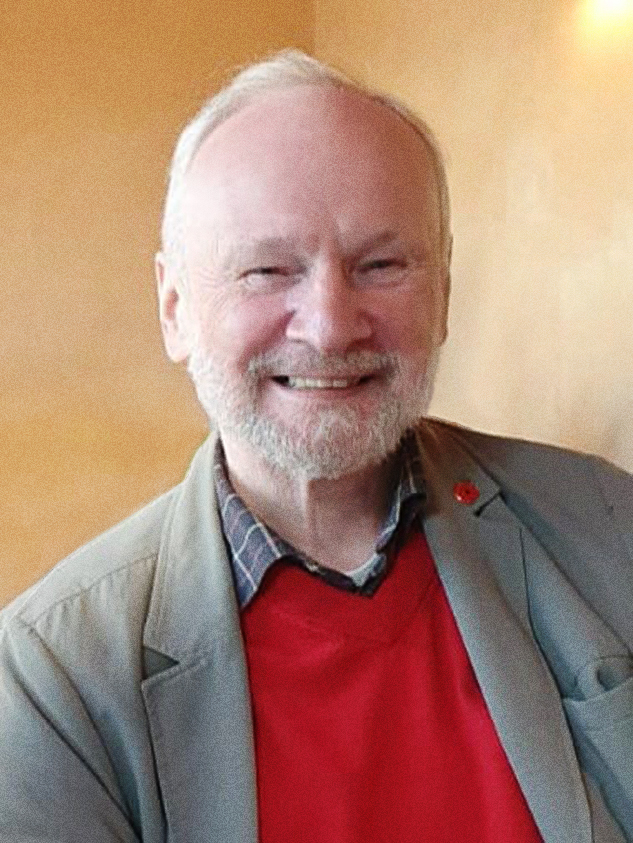Were the earliest times of what became the English speaking world mainly dark, barbaric and warlike? That tends to be the prevailing view. However, it is incomplete. If I call the prevailing view “Consensus”, and the complete picture “Truth”, then here are just a few variations between Consensus and Truth:
Consensus: The earliest times of the people who became the English were Dark.
Truth: The earliest times of the people who became the English were Light in the Darkness. They went through a Christian Awakening which transformed their persons, their institutions and their culture.
Consensus: The earliest English-speaking past was shaped by behaviours like those of the barbarians in a video game.
Truth: The earliest English-speaking past was shaped by Christian Love warmly received.
Consensus: Women played no part in shaping the early history of the English-speaking world.
Truth: The Christian Life in the women of the founding times did more to shape English-speaking history than warrior violence and sword.
Consensus: Christian spirituality has had no effect on English-speaking history.
Truth: It would appear to have had defining effects in the founding times. Judge for yourself as you read the book. I don’t force the conclusion, but it does become apparent.
Consensus: History has been a system closed to the Christian God.
Truth: The hidden hand of the Christian God would appear to have been at work time and again in the earliest history of what became the English-speaking world. Again, judge for yourself as you read “The Mustard Seed”. I don’t force the conclusion, but it does become apparent.
Protestant Christian Consensus: Between the Early Church and the Protestant Reformation, the Christian Life in the English-speaking world became entirely corrupt.
Truth: The Early English encountered Christian Life, in their origin times, as vibrant as any in both the Early Church and the modern Protestant “Spirit-filled” world.
When I set out to write “The Mustard Seed” I had no idea that I would discover so much Truth at the expense of Consensus. However, those who shaped the founding values of the people who became the earliest ancestors of the English-speaking world bore no resemblance to Consensus. You can read tasters about some of them in other blogs on this website; or at more length in the book.
To highlight here but a few:
- King Ethelbert and Queen Bertha of Kent – from them came the worldwide Anglican Communion.
- Saint King Oswald of Northumbria – from him came Christian Identity as the foundational value system which shaped the English-speaking world.
- Saints Ninian, Patrick, Columba and Aidan: Celts who channelled blessings which descended to the earliest English; blessings which shaped – even transformed – their world. The English owe much more to the Christian Life in the Celts than they care to admit. I do not force that conclusion in the book. But it does emerge. St Patrick’s legacy in particular was much more important to the formation of the English-speaking world than Consensus admits.
- Queens Bertha and Seaxburh of Kent; Queens Ethelburgha and Eanflaed of Northumbria; Abbess Hild of Northumbria; Queens Osthryth and Eormenhild of Mercia; Osburh of Wessex; Aethelflaed, the Lady of the Mercians. Only one of those was a warrior, the Lady Aethelflaed. But all of them were nation shapers with the Christian Life within them.
- Archbishop Theodore of Canterbury. Lost apostle, lost nation builder. Possibly the most exotic and influential history shaper out of all of them. But have you even heard of him?
- Saint Martin of Tours: lost originating Deliverer of what became the Western World.
There were many more, but we appear to have mislaid them; modern Consensus sets no value on them. However, I found it a joy to recover them in my book, “The Mustard Seed”.
The book is not like any other book.
It wouldn’t be, would it, defying so much Consensus?
However, I sincerely hope that as you grapple with it, lost truths will emerge; and that it may gradually warm you as you get to grips with so many lost things.
It will certainly open your eyes, I think.
